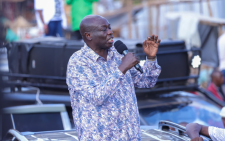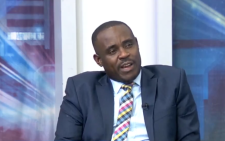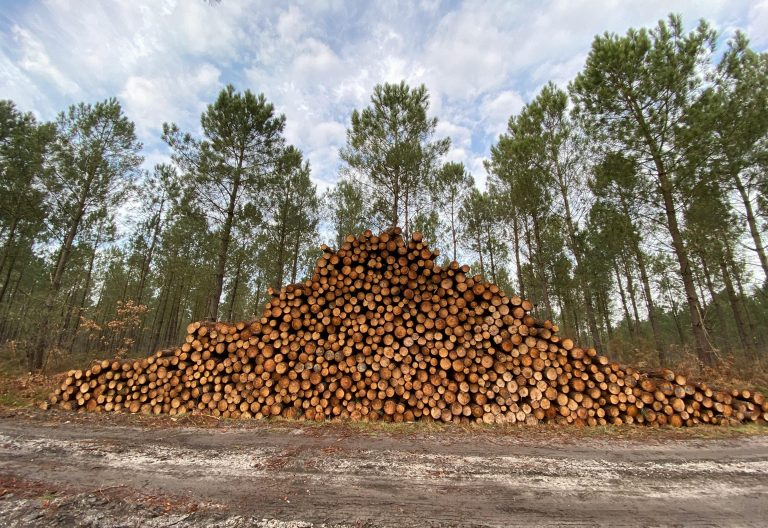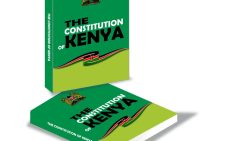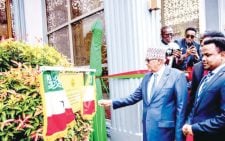‘Blood Parliament’ shows media’s potential
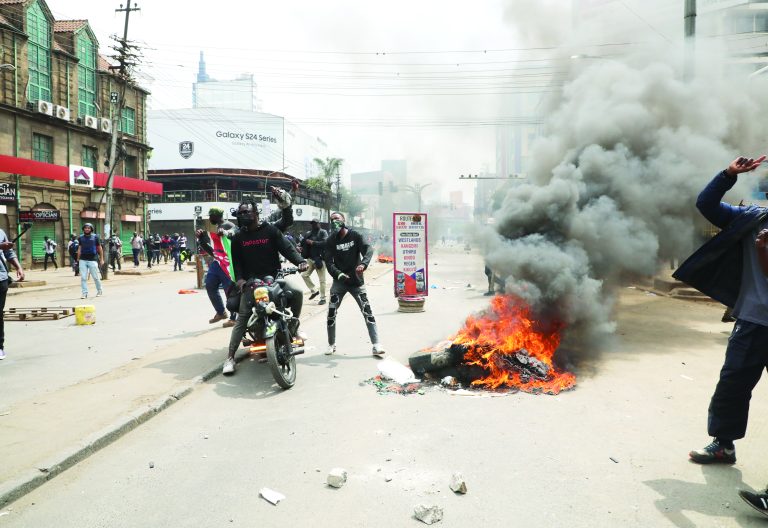
BBC’s “Blood Parliament” documentary has riled Kenya and divided opinion. The nearly 40-minute production captures one of the most significant moments in President William Ruto’s tenure.
June 2024 changed how the country saw itself, shook those in power to their core, froze those in the opposition on the spot, and turned the world’s attention to Kenya as a case study of the intersection of youth and technology in civic action.
The century-old BBC has the resources and experience to bring to bear on a story they wish to tell. It is a wish one has for any media house. The story told, “Blood Parliament” paints a picture of a tone-deaf Nairobi, a Parliament detached from its constituencies, a restive youthful population and a trigger-happy security apparatus. Kenya can do better.
It was expected that the documentary would irk those in power, and people in government circles have been quick to react. A Parliament member from the broad-based government’s ODM wing rushed back to the old ways of dealing with the media, advising that the BBC be banned.
The BBC’s work is journalism at its pinnacle. The media are not friends of those in power but align themselves with the marginalised. They question the normative structure, hoping that through questioning, society can improve. The debate and conversation the documentary has ignited is a testimony to that.
The documentary also points out the direction the Kenyan journalism sector still needs to take. Despite having one of the most liberal legal structures in the region, the banter in journalistic circles has tended to be mundane, despite the sophistication of the Kenyan journalist.
Efforts to improve the environment of journalistic practice sometimes appear as an end in themselves, with limited focus on enhancing the journalistic trade. For example, for the last month or so, the minds in the sector have spent acres of space debating how their elections should be conducted. Such debate and passion could be expected in exploring venues for the annual convocations and the infiltration of the space by quacks.
The profession would thrive if a similar passion were directed at creating institutional frameworks that enhance journalists’ capacity, professionalism and effectiveness.
It is not in doubt that journalism has been experiencing a lean season. Those who remain, and whatever shape the remaining media assumes, however, have a duty to the traditional remit of journalism – to set the agenda, play society’s watchdog role, and remain the beacon of hope in society.
Journalism can only do this if it is equal to the task – infrastructurally, institutionally and morally. It is insufficient to lament the quality of journalists graduating from training institutions. Journalism parleys would significantly enhance the effectiveness of the trade if they could focus on interrogating the status quo, the efficacy of the journalistic product, and peer-review themselves: the documentaries, interviews, talk shows, etc. When politicians are so comfortable rushing to the media to trade one form of banter or another, it may be indicative of the media as a place for small talk.
“Blood Parliament” reminds us of the dangers of journalism, the opportunities yet to be explored, and the potential.
The writer is the Dean of Daystar University’s School of Communication






